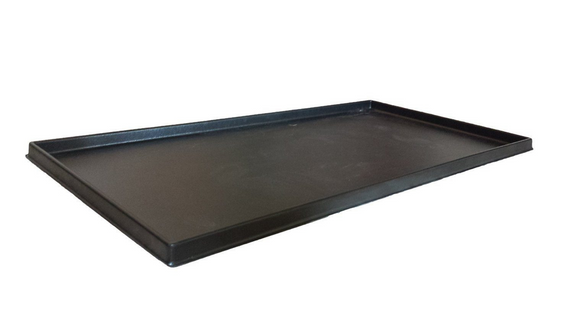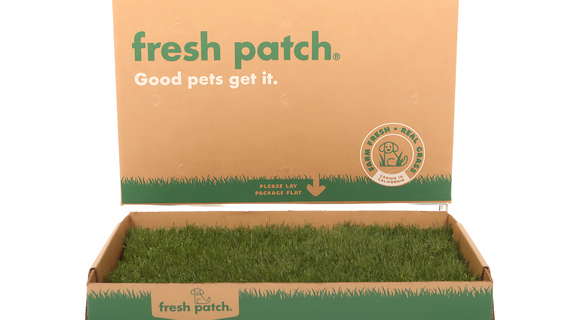Common Digestive Problems for Dogs
We all want our pups to be healthy - but the truth is, they have problems, too, just like us! If you notice a sudden difference in your dog's eating habits, you don't want to ignore it. Here are some things that might be to cause, and some reasons why you might need to head to the vet.
Symptoms
You'll notice if something is going wrong with your pup's digestive tract. Here are some symptoms you should keep an eye out for:
- Decreased appetite
- Lack of bowel movements
- Lethargy
- Diarrhea
- Vomiting
- Fever
If you notice any of these symptoms appearing in your pup, that's a sign that something might be going on in their tummy.
Serious or Not?
The problem with digestive problems is that it's very difficult to tell, from the initial symptoms, how serious the problem is. Digestive issues could mean that something is wrong with one or more of the following body parts:
- Esophagus
- Stomach
- Small & large intestine
- Pancreas
- Liver
- Colon
- Anus
Getting Help
Since you don't know where the problem is or how serious it can be, you'll want to be sure to get your dog help by taking them to the veterinarian. Explain the symptoms to your vet, and they'll try to isolate where the problems are coming from. This is the first step to figuring out what could be bothering your pup.
What It Could Be
So, what could your dog's digestive issues be attributed to? There are many possibilities, but here are the four different types it could be:
- Diet
- Bacterial infections
- Viruses
- Disease
These four different types of problems can, of course, have sub-problems associated with them. The first category, the diet problem, is the easiest to fix. Your dog might be experiencing indigestion because of the food that you're giving them. Sometimes, certain types of dry dog food can be harsh on your dog's tummy. Other times, it's certain ingredients in the food that might not agree with them.
Bacterial infections can be caused by other organisms invading your dog's body, like leptospirosis, which is transmitted through spirochete bacteria, which can even be transmitted to dogs form humans. Bacterial infections can also lead to other problems like gastroenteritis.
Viruses like acoronavirus and astrovirus can greatly affect your dog's digestive systems. Viruses can be damaging to your dog's intestines and viruses can be caught just about anywhere. Be sure to stay updated with your pup's vaccinations to help prevent this.
Disease is the most serious of the four, because it can sometimes mean a chronic illness. Rarely, digestive problems can be indicative of very serious problems, like cancer or chronic bowel disease.
What Can You Do?
Just keep taking care of your furry best friend and stay aware! If you notice any of the symptoms mentioned above, be proactive about getting to the bottom of it so that you can have your healthy, happy, food-loving pup right back.
Avoid potty accidents.
Make your dog's potty time hassle-free with Fresh Patch. REAL, farm-grown grass pads that are disposable and delivered right to your door!






